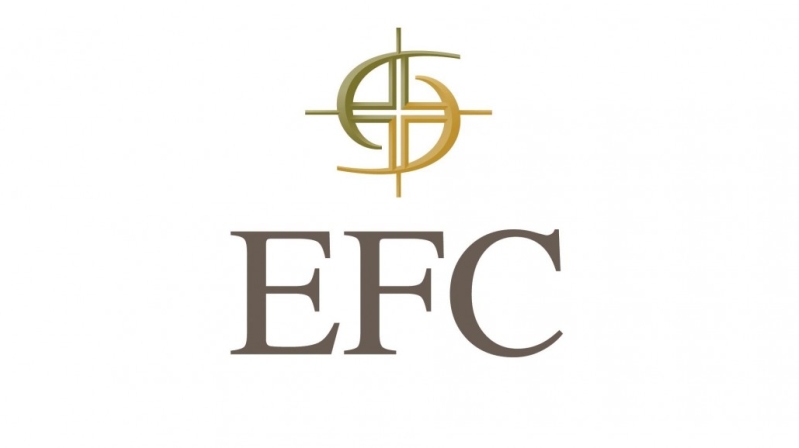
The Evangelical Fellowship of Canada (EFC) and Christian Higher Education Canada (CHEC) will argue this week in the BC Court of Appeal that the Law Society of British Columbia (LSBC) decision not to accredit a law school at Trinity Western University (TWU) violates the school's religious freedom and may impact evangelical institutions across the country. The Law Society's decision was based on their objection to the Christian university's code of conduct.
"Christian institutions are usually founded on statements of faith and codes of conduct and they have historically and continue to make a significant contribution to Canadian society," says EFC President Bruce Clemenger. "It is an essential part of their identity that should be respected in a free and democratic society."
The EFC is the national association of Canadian evangelicals, gathering approximately 2.1 million Canadians through its affiliates. CHEC represents virtually all evangelical higher education institutions including TWU. These groups intervened in the B.C. Supreme Court in 2015.
"The Law Society of British Columbia decisions must be guided by the Charter of Rights and Freedoms and not the biases of some of its members" says Justin Cooper, Executive Director of CHEC. "Graduates of TWU should not be discriminated against simply because they were educated in an evangelical educational environment."
Facts:
- TWU, a private Christian liberal arts university with six professional schools, won approval from the Federation of Law Societies of Canada in December 2013 which represented the provisional approval of the LSBC as well. As a result, the BC government approved the law degree program two days later.
- In April 2014 the LSBC benchers (directors) considered a motion to not recognize TWU's law school. The motion was defeated, thus confirming TWU's law's accreditation.
- In June 2014 a special general meeting requisitioned by LSBC members was held to reconsider TWU's law school and a resolution not to recognize TWU's law school passed. The benchers then put the matter to a referendum of all BC lawyers, promising to implement the results of the vote.
- In October 2014, based on the referendum results, the benchers reversed themselves and banned future TWU law graduates from admission to the law society. As a result, the BC government subsequently revoked its approval for the law degree as well.
- TWU challenged the LSBC decision in the BC Supreme Court. In December 2015, the court ruled in favour of TWU and found that the LSBC had not adequately considered the religious freedom Charter rights of TWU and its students.
For additional resources on the EFC's intervention in TWU v. LSBC including the EFC's factum, visit www.theEFC.ca/TWUlaw.







